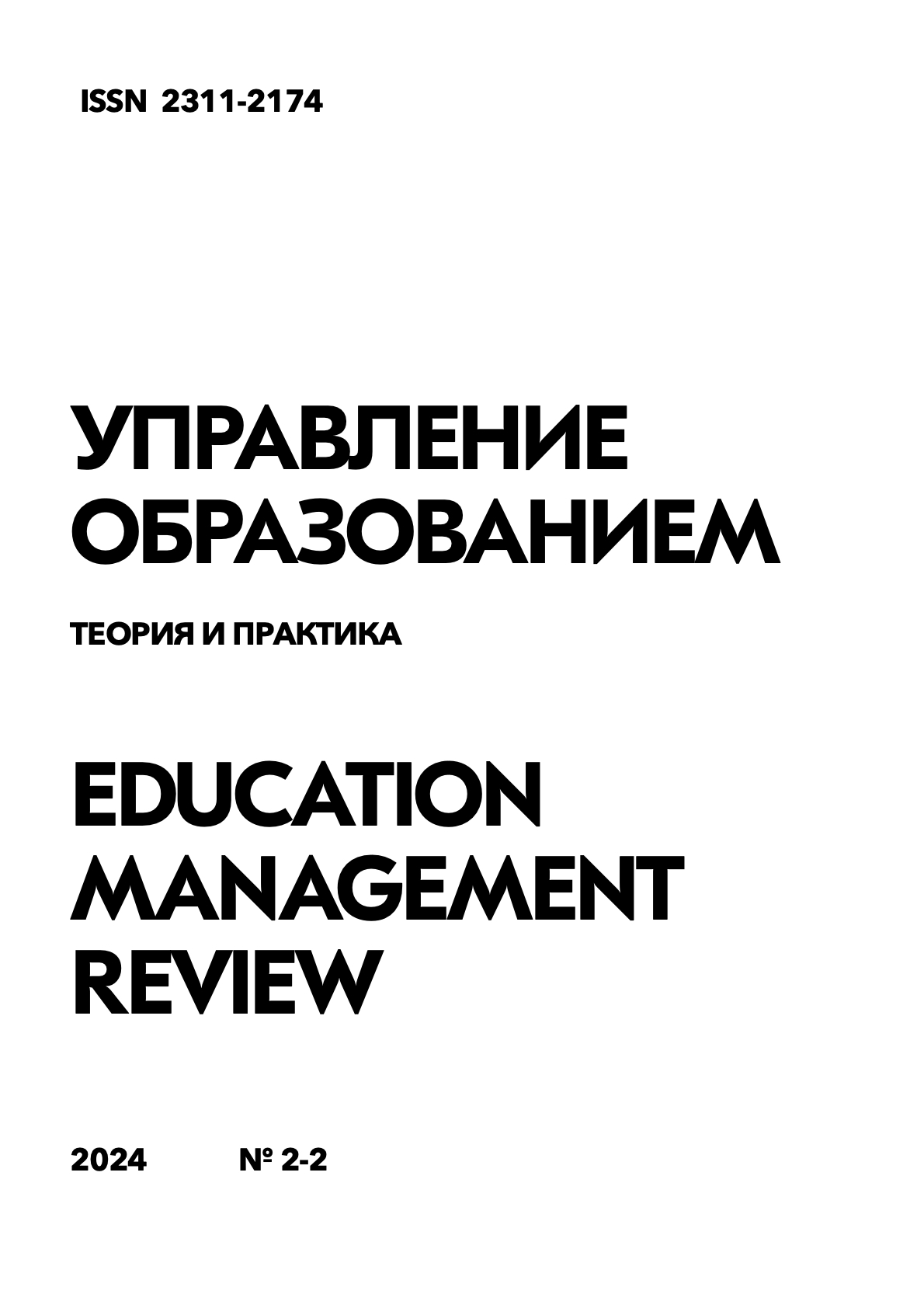The role of practical training in the formation of professional competencies of future engineers in the oil and gas industry
DOI:
https://doi.org/10.25726/b3839-6825-1591-dKeywords:
practical training, professional competencies, engineering education, oil and gas industry, industrial practice, practice-oriented trainingAbstract
This article examines the role of practical training in the formation of professional competencies of future engineers in the oil and gas industry. The purpose of the study is to determine the importance of practice-oriented training in the formation of highly qualified specialists who are able to effectively solve production tasks. The methods of scientific literature analysis, generalization of pedagogical experience, questionnaires and statistical data processing were used in the work. The research material was the results of a survey of 120 senior students of oil and gas specialties and 50 employers in the industry. The results of the study showed that 87% of the surveyed students consider practical training to be the most important component of education, and 92% of employers note the insufficient level of practical skills among university graduates. The analysis of educational programs revealed that the share of practical training is on average only 25% of the total amount of study time. At the same time, the most effective forms of practical training, according to respondents, are industrial practices (78%), laboratory work using modern equipment (65%), course design for real production tasks (54%). The article substantiates the need to strengthen the practical component in the training of petroleum engineers by increasing the volume of production practices, modernizing the laboratory base of universities, attracting practitioners to teaching, and developing practice-oriented training courses. A model of the organization of practical training is proposed, which includes three stages: introductory, formative and reinforcing. The pedagogical conditions for the implementation of this model are described, such as the network interaction of universities and enterprises, the use of virtual simulators and simulators, and project training. The results of the study are of practical importance for improving the system of engineering education in the oil and gas industry. The implementation of the proposed model of practical training will improve the quality of education, form students' in-demand professional competencies, and shorten the period of adaptation of young specialists.
References
Вербицкий А.А. Контекстно-компетентностный подход к модернизации образования // Высшее образование в России. 2010. № 5. С. 32-37.
Данные Министерства науки и высшего образования РФ.
Загитова Л.Р., Щербаков В.С. Формирование математической компетенции будущих инженеров-нефтяников // Казанский педагогический журнал. 2013. №1. С. 74-81.
Легкова И.А., Никитина С.А. Влияние использования информационных технологий на графическую подготовку обучающихся // Фундаментальные и прикладные исследования в современном мире: мат. XI Междунар. науч.-прак. конфер. СПб: 2015. №12-3. С. 109-112.
Овтов, В.А. Использование САПР как инструмента при формировании инженерно-графических компетенций студентов технических специальностей // МНКО. 2019. № 5 (78). С. 30-32.
Соловьев М.А., Полетаева А.Е., Чепур А.Ю. Зарубежный опыт практико-ориентированного обучения инженеров // Современные проблемы науки и образования. 2021. № 4. С. 125-136.
Пресс-релиз ПАО «НК «Роснефть».
Сайт ПАО «Газпром нефть».
Сайт Техасского университета A&M.
Статистические данные за 2018-2022 годы // Информационно-аналитические материалы по результатам проведения мониторинга эффективности деятельности образовательных организаций высшего образования.
Хмарова Л.И., Усманова Е.А. Применение компьютерных технологий при изучении графических дисциплин // Вестник ЮУрГУ. Серия: Образование. Педагогические науки. 2014. № 2. С. 59- 64.
Colorado School of Mines 2020-2021 Academic Year Catalog.
Garcia E., Weiss E. The teacher shortage is real, large and growing, and worse than we thought // Economic Policy Institute. 2019.
National Academy of Engineering. Educating еngineers: preparing 21st century leaders in the context of new modes of learning. 2013.
Terkowsky C., Haertel T. Where have all the inventors gone? The neglected aspect of engineering creativity in studies of engineering graduates competencies // Proceedings of IEEE Global Engineering Education Conference (EDUCON). 2014. рр. 273-282.




